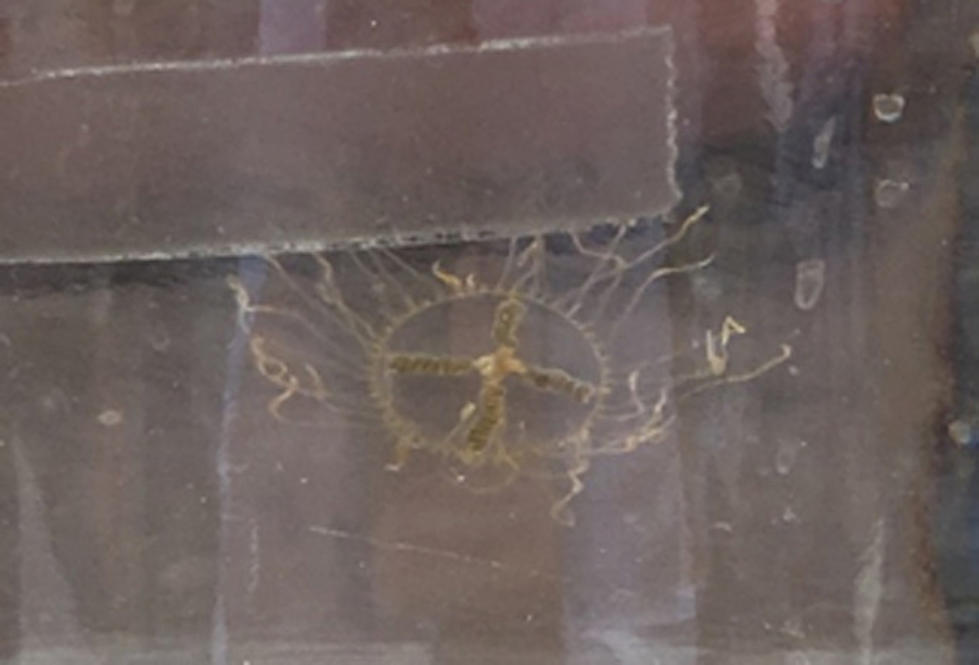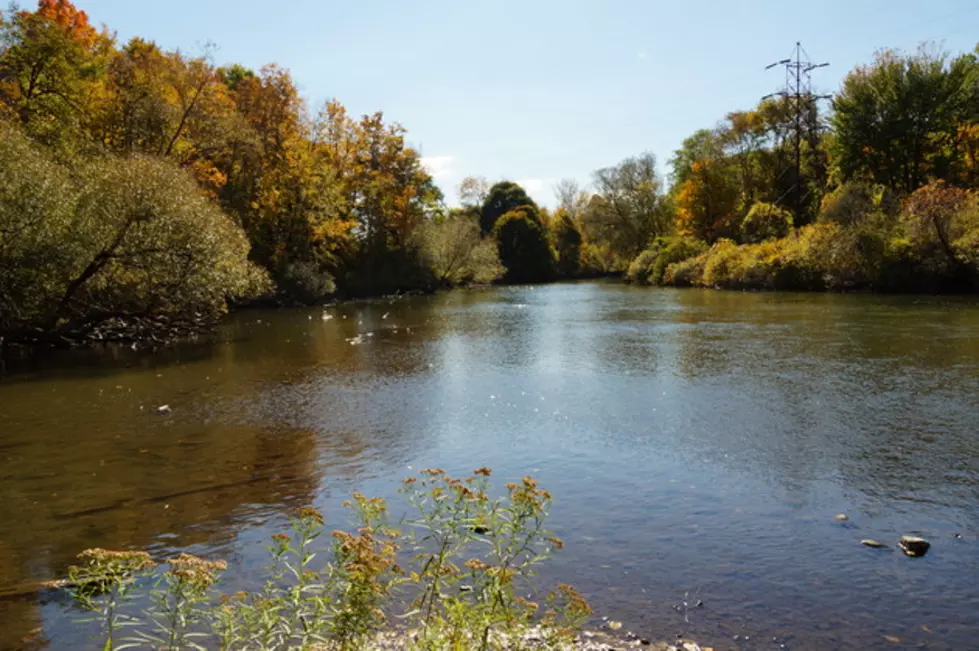NJDEP targeting inland jellyfish before they can multiply
New Jerseyans living on bay and riverfronts are being encouraged to take proactive steps to stop the spread of sea nettles, a type of stinging jellyfish that have shut down swimming in some inland waterways.
State Department of Environmental Protection officials recently showed some of these homeowners how to combat the pests before they strike, namely by scrubbing or power washing bulkheads and docks. Speck-sized polyps may attach themselves to these surfaces if left untreated, and eventually grow and burst into millions of new, small jellyfish.
For the Barnegat Bay Partnership, under the direction of Stan Hales, this species is an added headache on top of the "clinging jellyfish" reported in back bay areas last week.
"As coastal waters warm this summer, given the fact that (the clinging jellyfish) does appear to be sort of expanding its range, everybody needs to be cautious because it is so tiny and it's so hard to find," Hales said.
Hales recommends, in conjunction with the "no swimming" notices that have gone up, that residents should be wary of even setting foot near marshy grasses in shallow bay waters.
"I would just encourage people to be very careful going into those areas, or just stay out of them," he said.
Vin Ebenau and The Associated Press contributed to this report.
Patrick Lavery produces "New Jersey's First News" and is New Jersey 101.5's morning drive breaking news reporter. Follow him on Twitter @plavery1015 or email patrick.lavery@townsquaremedia.com.
More From New Jersey 101.5 FM







